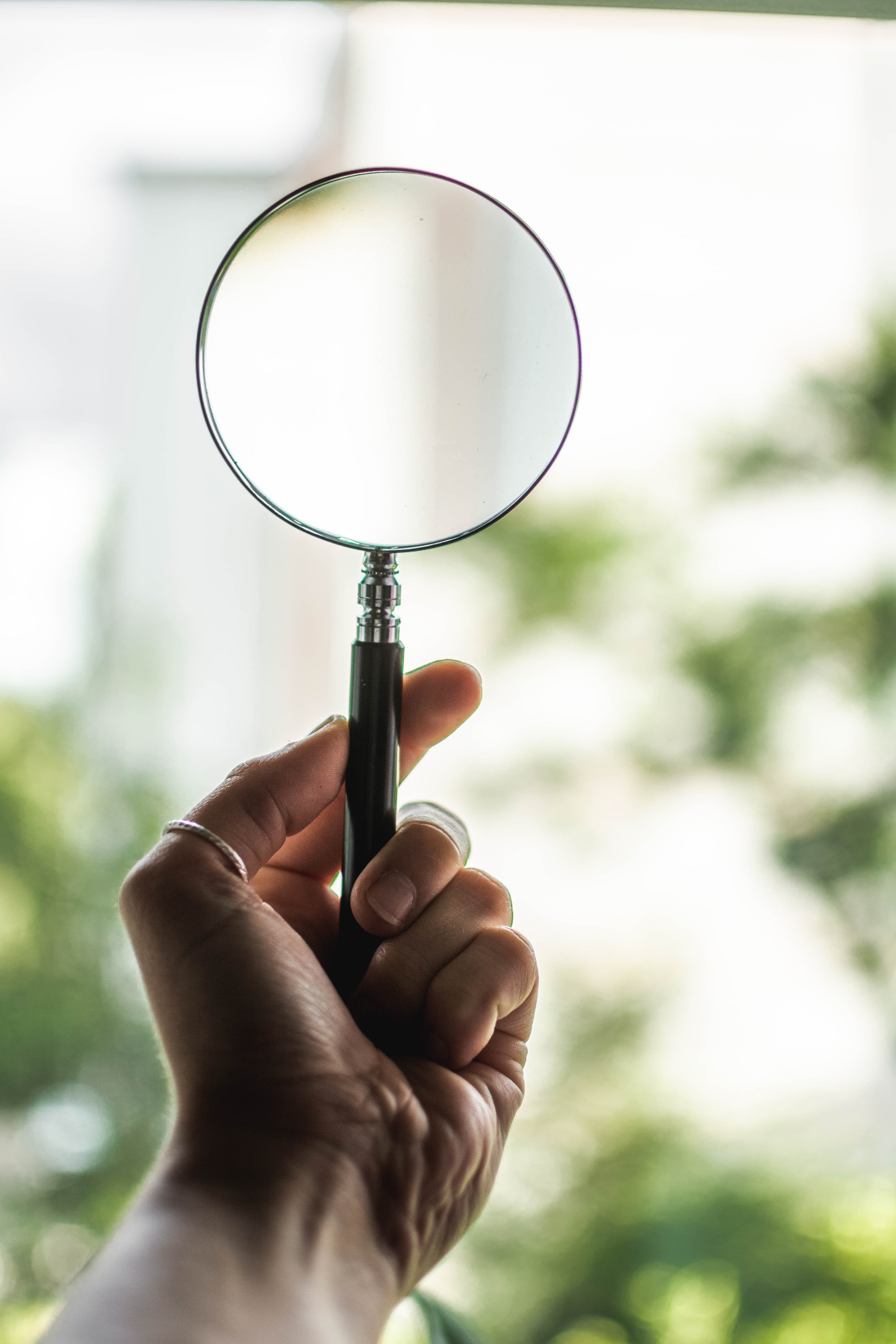Calling All Backyard Scientists!
In the last issue, we noted that pollinator populations are declining globally.
We know this is a problem from a food production point-of-view (as pollinators account for up to 75% of crop pollination), and it is also problematic from the perspective of native plant pollination (as pollinators are region-specific, having developed a particular relationship to the flora of a given bioregion over eons). Many ways exist to help these populations. Some are as simple as ceasing the use of herbicides (which are toxic to our health as well as the insects’). Others consist of decolonizing our perspectives on what is beautiful (foreign/imported plants vs. local/bioregional plants).
We can also become involved in “citizen science” initiatives within our gardens and neighborhoods. As citizen scientists, we make observations about the pollinators in a specified place for a given amount of time (e.g. the third week of each month, June through September) and report our findings to a shared database. Researchers then use this data to monitor how pollinator populations are doing and to address questions for which we need more information.
For instance, we know based on prior studies that pollinators favor plants from their bioregion (aka, “native plants”) over any other plants in a garden. We also know that bees will visit nonnative plants, like lavender or catmint. How often do they visit the latter plants, though, and are some nonnative plants better than other nonnative plants at providing food to pollinators? E.g. white cosmos vs. white begonia?
Many of us have these nonnative plants in our gardens and can provide integral data on nonnative-pollinator relationships. We can thereby help shape norms and policies that are based upon informed research and not solely anecdotal evidence or opinion. In sum, by becoming a citizen scientist, we allow the beauty we cultivate in our gardens to be a part of the dialogue on how to move forward in efforts as far-reaching as local conservation, food security and climate change.
Resources (local citizen science programs)
“Chicago Living Corridors: Citizen Scientist.” No Date. https://chicagolivingcorridors.org/resources/chicago-region-ecosystem/getting-involved/citizen-scientist/.
“Chicago Region Trees Initiative: Canopy Counts Program.” No Date. https://chicagorti.org/program/canopy-counts/.
“I-Pollinate.” No Date. https://ipollinate.illinois.edu/. (Online training available, the Extension Office would need your garden registered as soon as possible to begin with the June observation period).
“Project Wingspan: Landscape Enhancement for Imperiled Pollinators of the Midwest and Great Lakes Region.” No Date. https://www.pollinator.org/wingspan.

